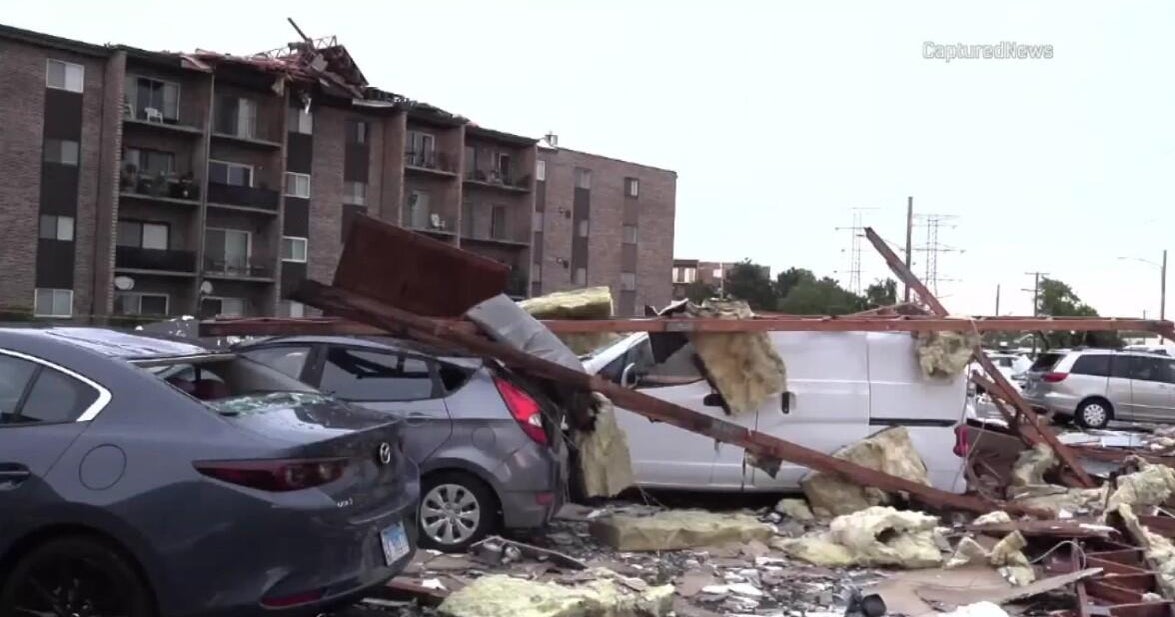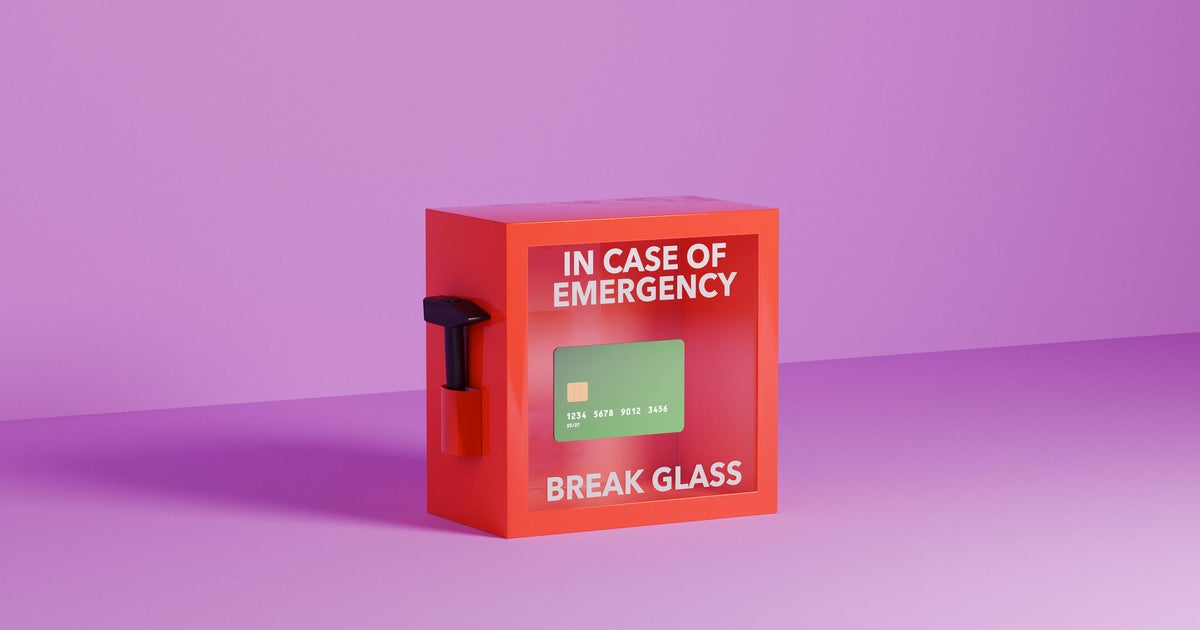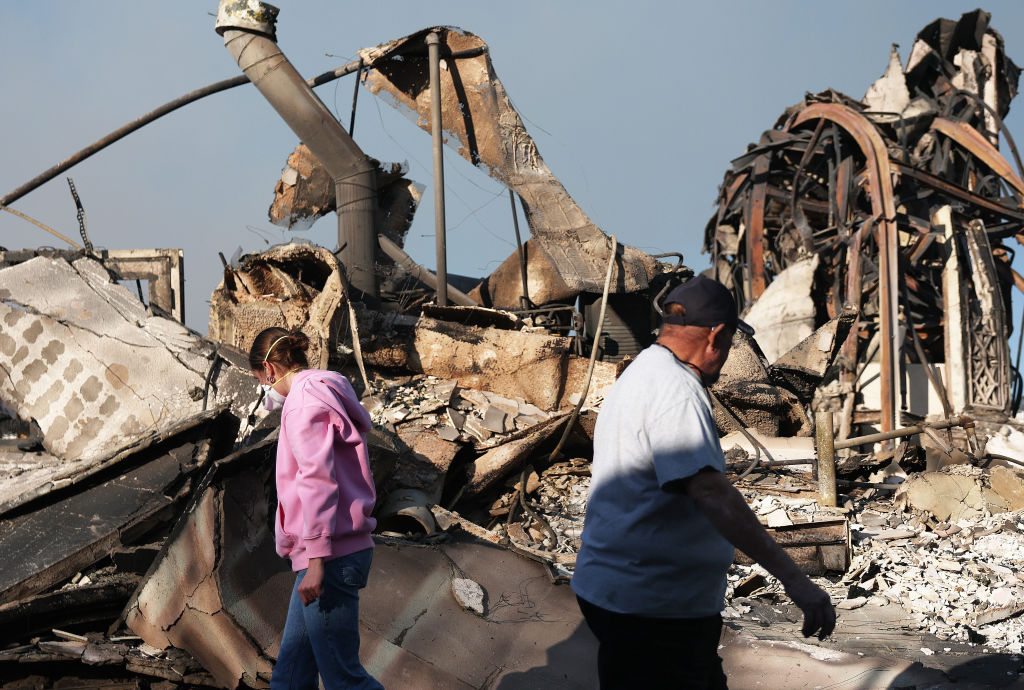Hurricane disaster aid: What you need to know
Disaster declarations in Texas and Florida make residents of the affected counties eligible for a wide array of federal relief programs. But just what kinds of assistance can you qualify for, and how do you get it?
Aid with temporary living expenses
The Federal Emergency Management Agency's "Individuals and Households Program" steps in to help provide temporary economic relief to families displaced in a major natural disaster when private insurance isn't available to pay the tab. To qualify, you need a way to verify your identity and that you're a U.S. citizen (or nationalized noncitizen or qualified alien) and have expenses and serious needs that are both directly caused by the disaster and not covered by insurance.
This relief can include money to rent a hotel room or apartment, and for food and medical care. To apply, go to DisasterAssistance.gov within 60 days of the date of disaster declaration. You should have:
- Your Social Security number
- The address where the damage occurred
- A description of the damage
- Your current mailing address and working phone number
- Insurance information
- Household income
- A routing and account number for your checking or savings account. (Most relief money is paid directly to your bank account.)
Notably, if flooding damaged your home, you most likely don't have have insurance coverage for temporary living expenses. Even if you have federal flood insurance, it doesn't reimburse homeowners for the cost of being displaced. You would only potentially have this coverage if you had a supplemental flood insurance policy or if your damage was caused by wind, fire or the results of the same.
In other words, if the hurricane blew the roof off your house, causing rain to come in, you would likely be covered under the wind damage provision in a normal homeowner's policy.
Some supplemental flood insurance policies also cover temporary living costs, but that's not guaranteed. Whether you would have it will depend on your insurer and the policy you bought. If you're uncertain, contact your agent. Also, if you think you don't have coverage, you can apply for disaster aid and simply repay FEMA if do you get a subsequent insurance reimbursement.
Housing assistance
FEMA also provides economic help if you need long-term housing while your home is uninhabitable, as well as home repair and home replacement assistance. This aid doesn't pay to rebuild your home as it was. (To return your home to its pre-disaster condition, you may need to apply for a low-interest SBA loan.)
In some instances, as after Hurricane Katrina, the agency may provide this help by making temporary mobile homes available for displaced families. This option is generally used when not enough rental housing is available in the affected areas. The benefit of this so-called "direct housing assistance" is that its value isn't subject to FEMA's total assistance limit, which is $33,000 per household.
Plus, FEMA disaster assistance payments are not taxable.
Unemployment assistance
If a disaster throws you out of work, the Disaster Unemployment Assistance program kicks in to provide weekly unemployment payments for those who don't qualify for ordinary jobless benefits.
Unemployment insurance is a federal program that's administered by the states, so there are variations in the minimum and maximum benefit amounts. Payments under FEMA program are the same as the ordinary unemployment insurance program. In Texas, the current maximum benefit amount is $493 per week; in Florida, it's $275 per week. Benefits are typically paid for a maximum of 26 weeks. Unemployment insurance payments generally are taxable.
Tax assistance
The IRS has extended filing deadlines for those in disaster areas, generally giving them until January of next year to file and pay tax installments. If you get a late payment notice in the meantime, you can call the number on the notice to have the penalty waived.
Taxpayers may also write off casualty losses that exceed 10 percent of their adjusted gross Income. Importantly, these losses can be deducted from the return filed for the year prior to the disaster. So if you had major losses from Hurricane Harvey or Irma, you could file an amended return and get a refund of 2016 taxes paid.
For further information on claiming casualty losses, consult your tax preparer or IRS publication 4684.
Access to 401(k) savings
If you have money in a workplace retirement plan, you may be able to borrow some of that cash through a hardship loan. The IRS announced recently that it would reduce the "red tape" on corporations providing hardship loans to employees affected by the disasters.
However, if you fail to repay the loan, the withdrawn amount will be considered a "distribution" and will be subject to both income taxes and potential tax penalties.



